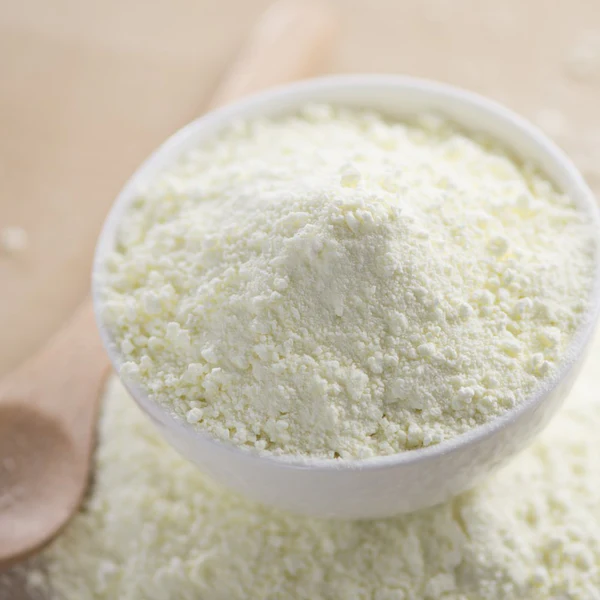Individuals with sensitivities to cow’s milk may explore donkey milk powder as a potential substitute. The composition of donkey milk, while sharing similarities with human milk, differs from cow’s milk in several aspects. This difference in composition can make it a consideration for those seeking alternative dairy options. It is important to remember that individuals with allergies should always consult a healthcare professional before making changes to their diet.
The process of producing donkey milk powder involves careful handling and processing. The milk is typically collected from donkeys and then subjected to a drying method, such as spray drying or freeze-drying. These methods aim to remove moisture while preserving the nutritional integrity of the milk. The resulting powder is then packaged and distributed.
When using donkey milk powder, reconstitution is a key step. The powder is typically mixed with water to create a liquid form. The ratio of powder to water can vary depending on individual preferences and intended use. The reconstituted milk can then be consumed directly or used in other applications.
Beyond direct consumption, donkey milk powder can be incorporated into various applications. For example, it can be added to smoothies or blended drinks to enhance their nutritional content. It can also be used in baking or other food preparations, though it is important to consider how its flavor and texture may affect the final product.
The availability of donkey milk powder has expanded in recent years, reflecting growing interest in alternative dairy products. It is now possible to find it through various online retailers and specialty stores. When purchasing, it is important to consider the sourcing and processing methods used by the manufacturer. Look for products that provide clear information about their production practices.
The nutritional benefits of donkey milk powder are a subject of ongoing research. Studies have explored its potential effects on various aspects of health, including gut health and immune function. While research is still ongoing, the existing findings suggest that donkey milk may offer certain advantages.
For individuals exploring dietary alternatives, donkey milk powder presents a distinct option. Its nutritional composition, ease of storage, and potential applications make it a product worth considering. However, it is essential to approach its use with awareness and to consult with a healthcare professional when needed.
The characteristics of donkey milk, including its lower casein content compared to cow’s milk, are often cited as reasons for its potential digestibility. This difference in protein composition may contribute to its suitability for individuals with certain sensitivities. Further investigation is needed to fully understand the effects of donkey milk powder on various populations.
The preservation of nutrients during the drying process is a critical aspect of donkey milk powder production. Manufacturers employ techniques aimed at minimizing nutrient loss and maintaining the quality of the final product. The choice of drying method, storage conditions, and packaging materials can all play a role in preserving the nutritional value.
The taste of donkey milk powder, when reconstituted, is often described as mild and slightly sweet. This flavor profile can make it appealing to individuals who prefer a less intense dairy taste. The specific flavor can vary depending on the sourcing and processing methods used.
The shelf life of donkey milk powder is a significant advantage, particularly for those who do not consume large quantities of dairy. The powdered form allows for extended storage compared to fresh milk, reducing the risk of spoilage. It is important to follow the manufacturer’s storage recommendations to maintain the quality of the product.
The use of donkey milk extends beyond consumption. It has also been incorporated into skincare products, owing to its perceived moisturizing and nourishing properties. While the focus here is on the powdered form for consumption, it is worth noting the broader applications of donkey milk.
The accessibility of donkey milk powder has improved, but it may still be less widely available than traditional dairy products. Online retailers and specialty stores are common sources, and it is advisable to compare products from different manufacturers to find one that meets your needs.
The cost of donkey milk powder can vary depending on factors such as sourcing, processing, and packaging. It is generally considered a more expensive option than cow’s milk powder. The price reflects the specialized production process and the relatively limited availability of donkey milk.
The growing interest in alternative dairy products has led to increased scrutiny of production practices. Consumers are becoming more aware of the environmental and ethical considerations associated with animal agriculture. This awareness can influence purchasing decisions and drive demand for products that are produced sustainably and ethically.




